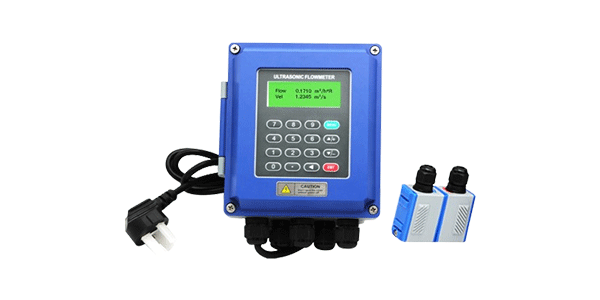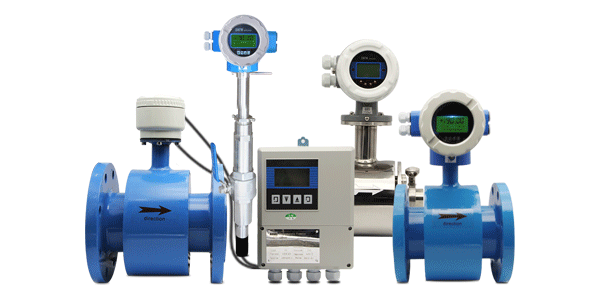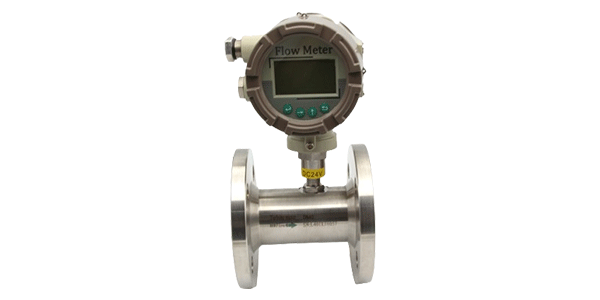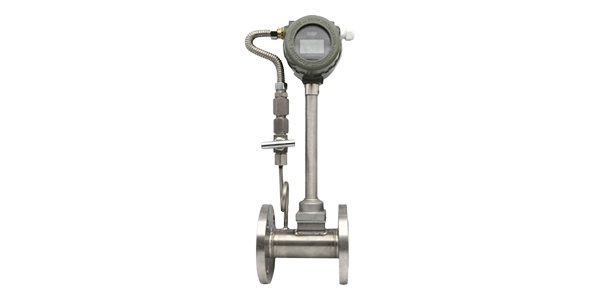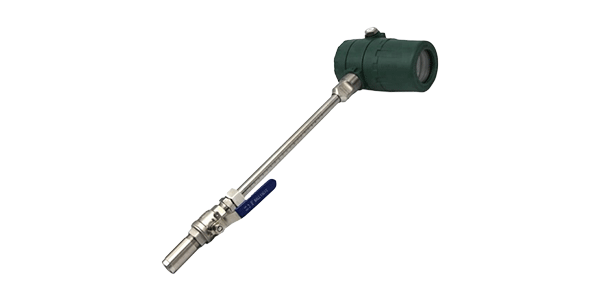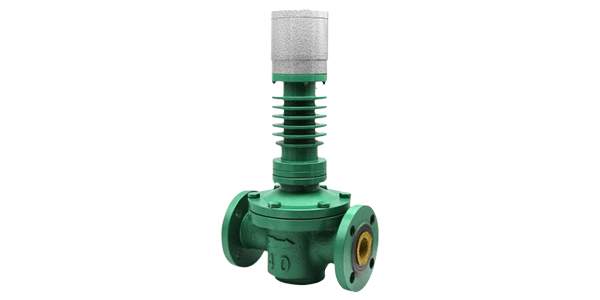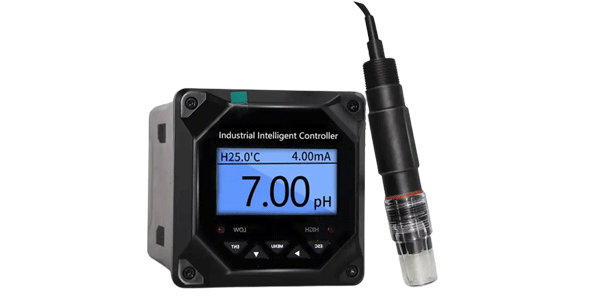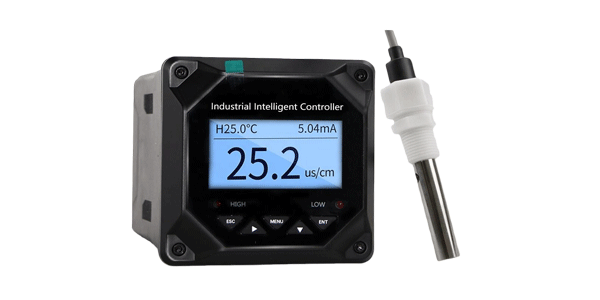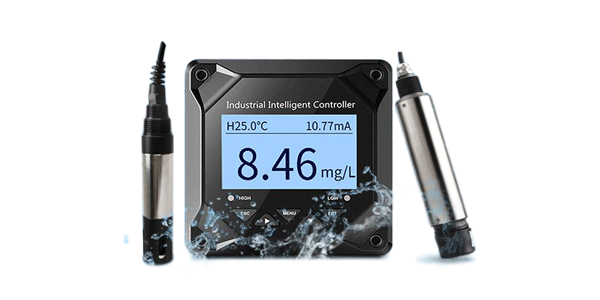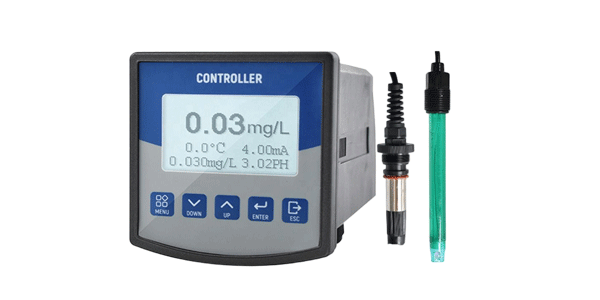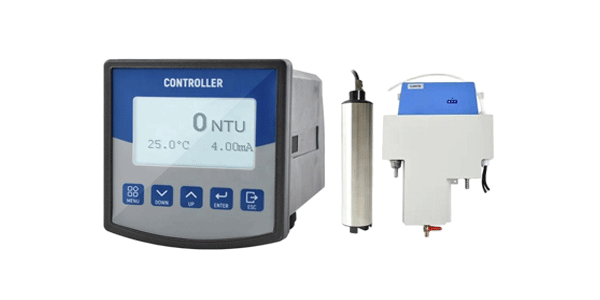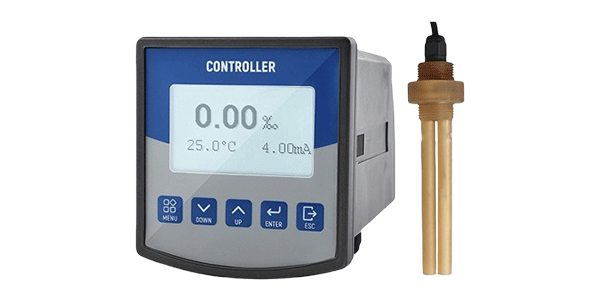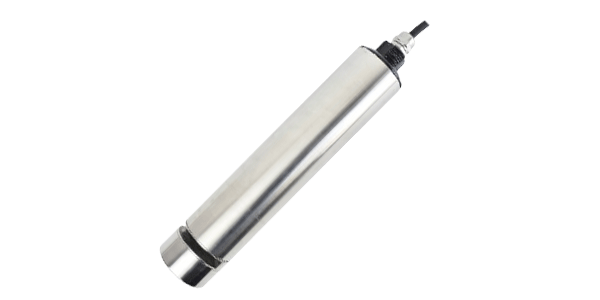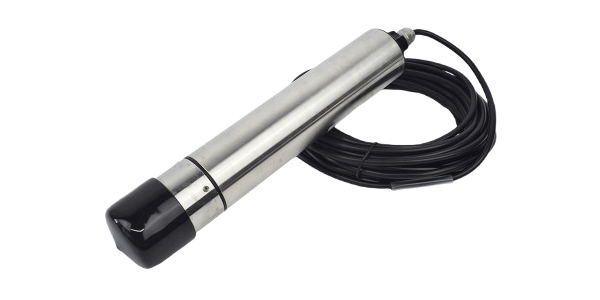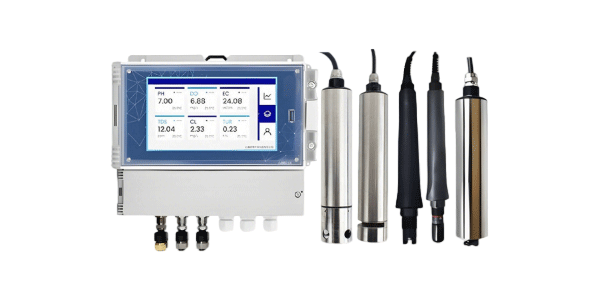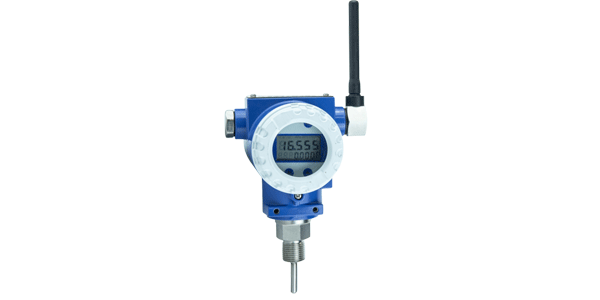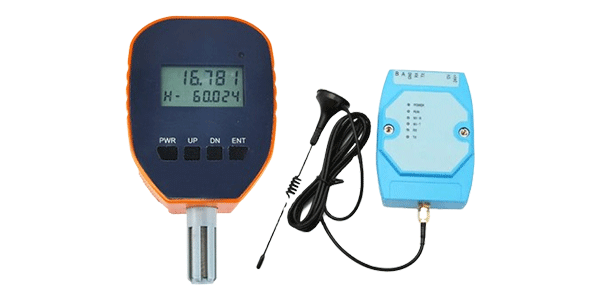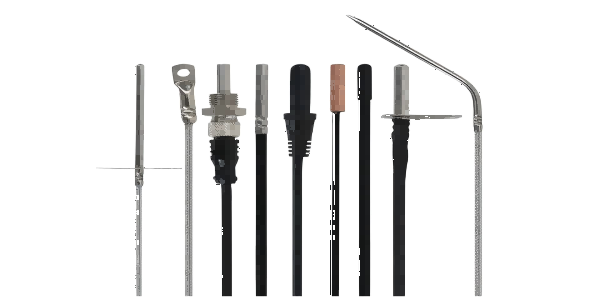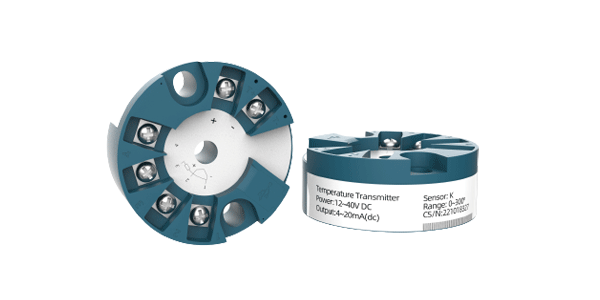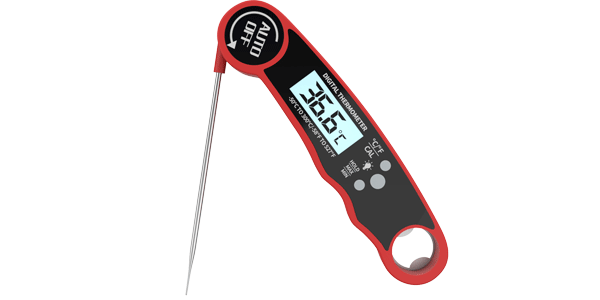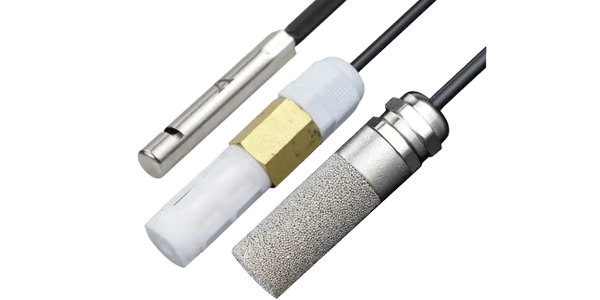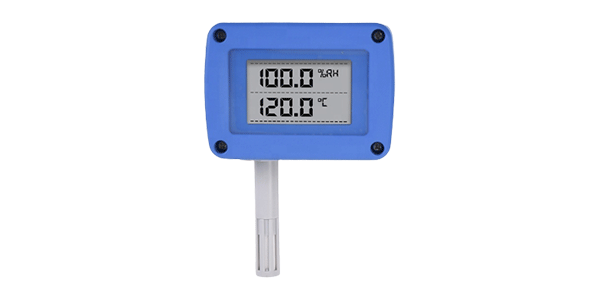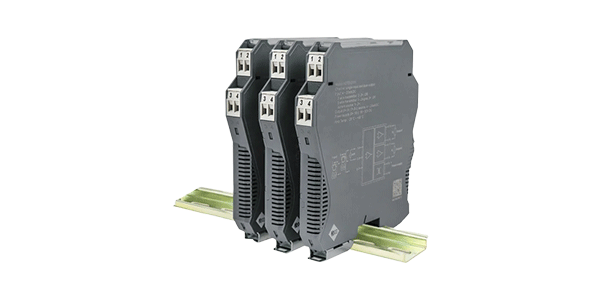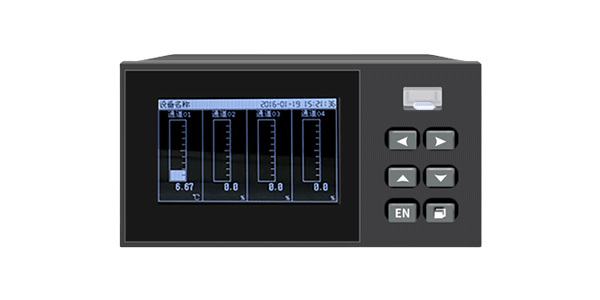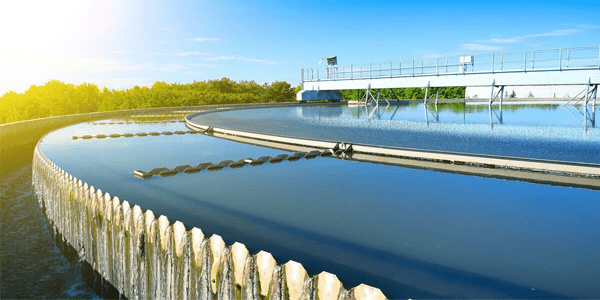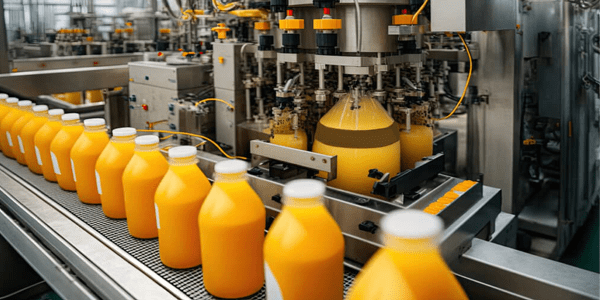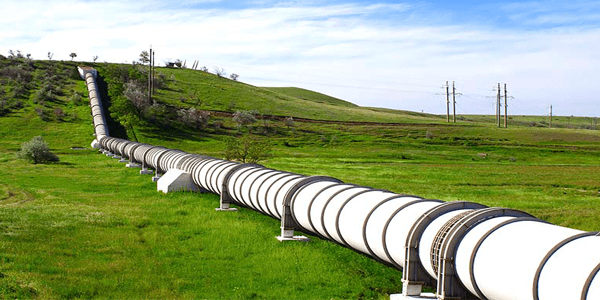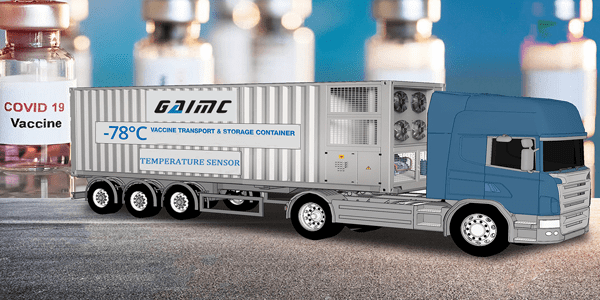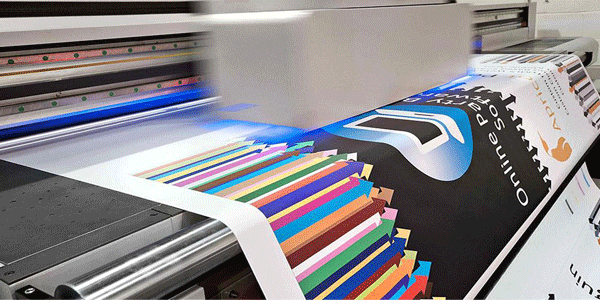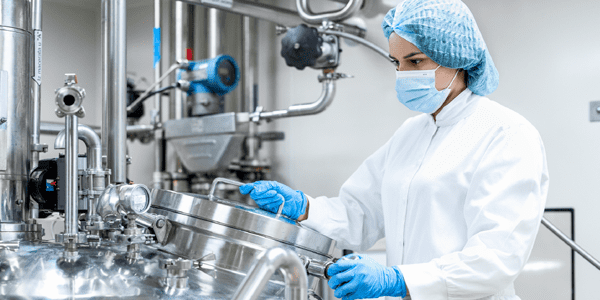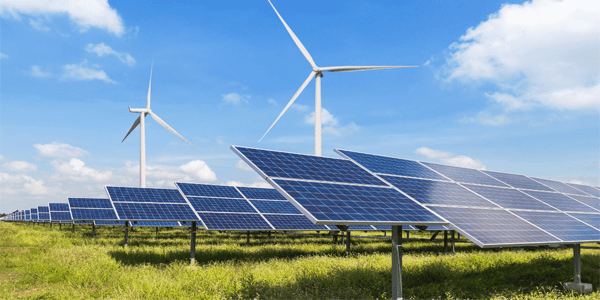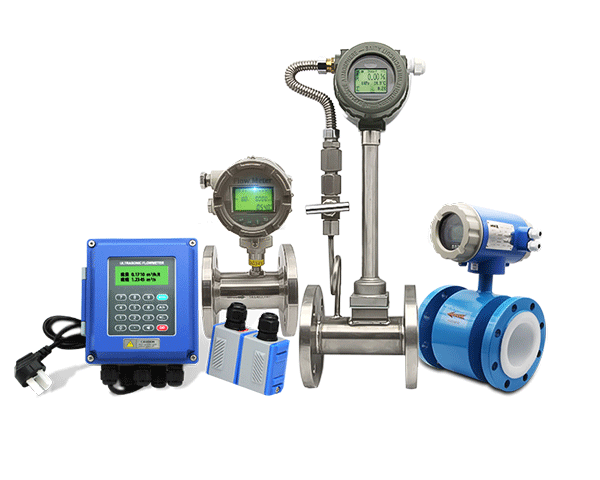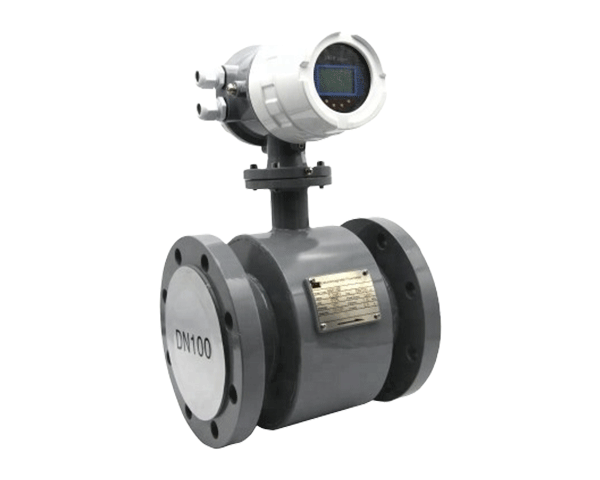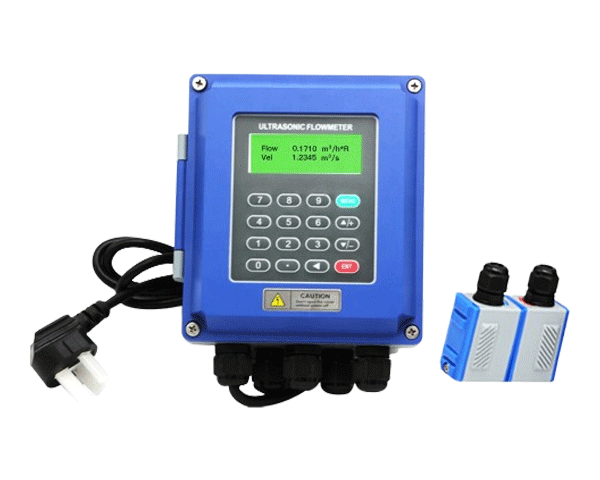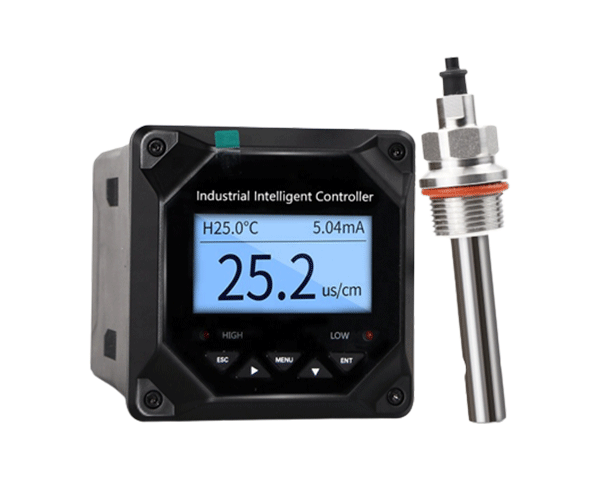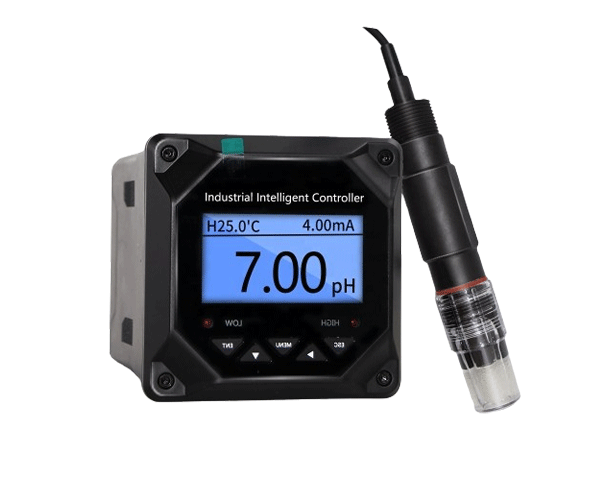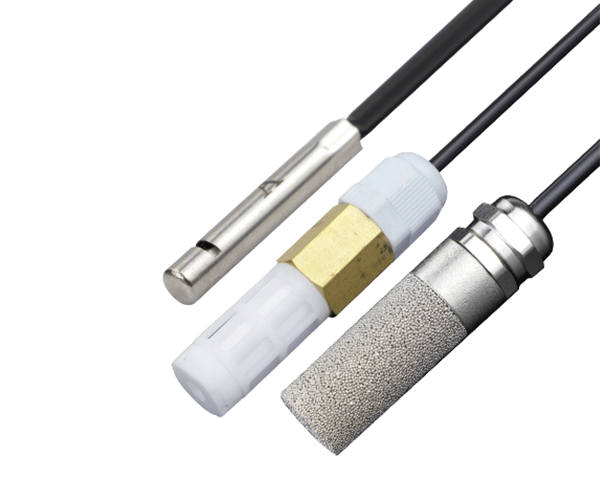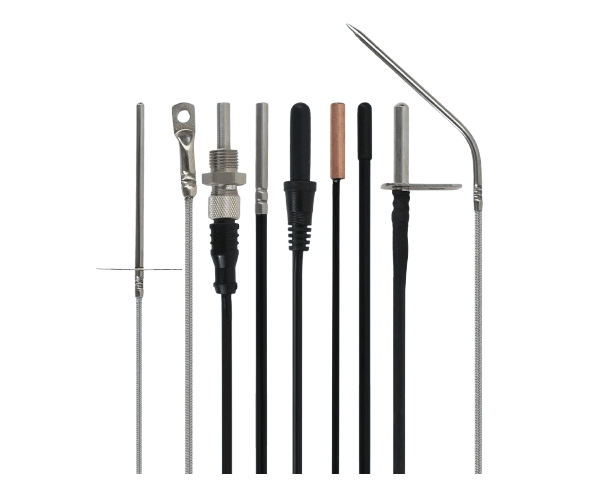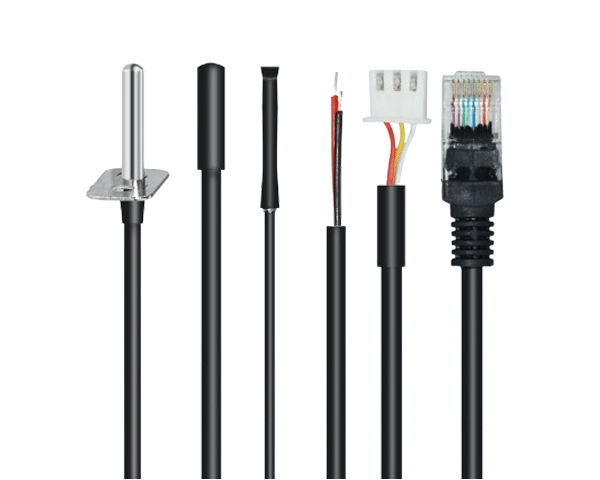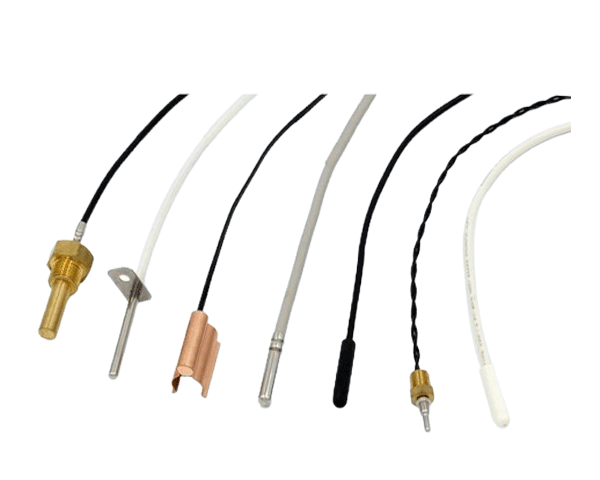Are you managing agricultural irrigation in challenging environments like saline-alkali lands? Discover how electromagnetic flow meters deliver unmatched precision and reliability for saltwater irrigation monitoring. In this article, you'll learn about electrode impedance monitoring technology, maintenance-free operation, and why electromagnetic flow meters outperform other technologies in corrosive water conditions.
The Challenge of Saline-Alkali Irrigation Water Monitoring
Saline-alkali soils present unique challenges for irrigation flow measurement. High salt content, corrosive properties, and varying conductivity levels can severely impact the accuracy and lifespan of conventional flow meters. Traditional measurement technologies often fail to provide reliable data in these harsh agricultural environments.
Why Electromagnetic Flow Meters Excel in Agricultural Applications
Electromagnetic flow meters (mag meters) operate on Faraday's Law of electromagnetic induction, making them ideal for conductive liquids like saline irrigation water. Unlike mechanical meters, they have no moving parts that can wear out, ensuring long-term reliability in demanding agricultural settings.
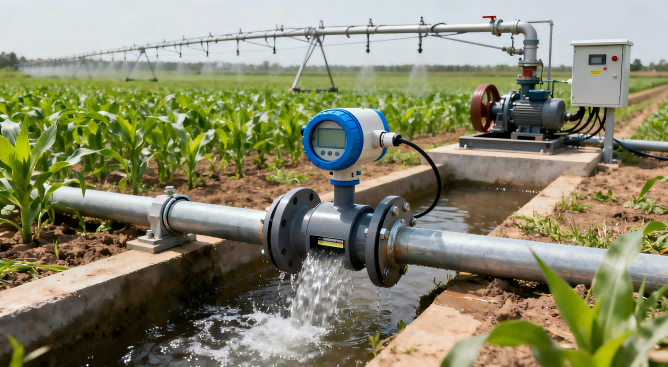
Electromagnetic flow meter designed for saline water irrigation applications
Key Advantages for Saline-Alkali Irrigation
High Accuracy in Saline Water
Maintains ±0.5% accuracy even with high salt content and varying water conductivity levels.
Real-time Electrode Monitoring
Continuous electrode impedance monitoring detects coating or degradation before measurement accuracy is affected.
Corrosion-Resistant Materials
Hastelloy electrodes and ceramic liners withstand corrosive saline-alkali water conditions.
Zero Maintenance Operation
No moving parts and robust construction ensure maintenance-free operation for over 10 years.
Bidirectional Flow Measurement
Accurately measures flow in both directions, essential for complex irrigation and drainage systems.
Wide Flow Range Capability
Maintains accuracy across full flow range from trickle irrigation to full-capacity water delivery.
Advanced Electrode Impedance Monitoring Technology
GAIMC's electromagnetic flow meters feature sophisticated electrode impedance monitoring that provides real-time diagnostics of electrode condition. This proactive approach prevents unexpected failures and ensures measurement integrity in challenging saline environments.
How Impedance Monitoring Works
- Continuous Electrode Health Assessment - Monitors electrode impedance 24/7 to detect coating buildup or corrosion
- Early Warning System - Alerts operators to potential issues before measurement accuracy is compromised
- Automatic Compensation - Adjusts measurement parameters based on electrode condition
- Predictive Maintenance - Enables planned maintenance instead of emergency repairs
Implementation in Saline-Alkali Agricultural Systems
Main Irrigation Line Monitoring
Install electromagnetic flow meters on primary water delivery lines to monitor total water consumption and detect system leaks. Their full-bore design ensures minimal pressure loss while providing precise measurement of saline irrigation water.
Fertigation System Control
Precisely measure chemical injection rates in fertigation systems, maintaining optimal nutrient delivery despite varying water salinity levels. The corrosion-resistant construction handles fertilizer mixtures without degradation.
Drainage Water Measurement
Monitor drainage water volumes and salt content to manage soil salinity levels and optimize leaching requirements. Bidirectional measurement capability tracks both irrigation input and drainage output.
Selecting the Right Electromagnetic Flow Meter
When choosing electromagnetic flow meters for saline-alkali irrigation, consider these critical factors:
- Liner Material Compatibility - Ceramic or PFA liners for corrosive saline water
- Electrode Material - Hastelloy C-276 or titanium electrodes for saltwater resistance
- Minimum Conductivity Requirements - Ensure compatibility with your water's conductivity levels
- IP Protection Rating - IP68 for submerged or high-humidity environments
- Power Requirements - AC or DC power options based on site availability
- Communication Protocols - Modbus, 4-20mA, or wireless connectivity for data integration
Recommended Solutions for Saline-Alkali Irrigation
GAIMC offers specialized electromagnetic flow meters engineered specifically for challenging agricultural environments. Our solutions integrate with comprehensive agricultural water management systems.
| Product Model | Key Features |
|
Pipe Sizes |
|---|---|---|---|
| GMF100 Series | Forward and reverse flow, various electrodes and liners available |
|
DN10-DN2200 |
| Output signal | 4-20mA pluse RS485 |
|
|
| Power supply | Battery 220VAC 24VDC |
|
|
| GWQ-MP200 Water Quality Monitor | Multi-parameter water quality analysis |
|
1-6 channels |
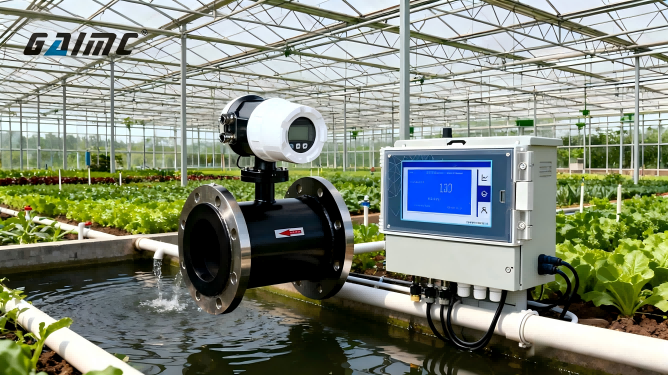
Compatible with water quality monitors for complete irrigation water management
Technical References & Standards
Our electromagnetic flow meters comply with international standards including ISO 6817 (electromagnetic flow meters) and IEC 60529 (IP protection ratings). Performance validation follows ASTM D1125 standards for water conductivity measurement. All agricultural products are tested and certified for operation in saline water environments.
Frequently Asked Questions
Electromagnetic flow meters are ideal for saline water because they measure flow based on electrical conductivity. The higher the salt content, the better the conductivity, which actually improves measurement stability and accuracy compared to pure water applications.
With proper material selection (ceramic liners, Hastelloy electrodes), our electromagnetic flow meters typically operate for 15+ years in saline-alkali conditions. The absence of moving parts and robust construction ensures long-term reliability with minimal maintenance.
Yes, our electromagnetic flow meters with ceramic or PFA liners and corrosion-resistant electrodes are specifically designed to handle fertilizer mixtures, pesticides, and other agricultural chemicals without degradation or measurement drift.
Electrode impedance monitoring continuously assesses electrode health by measuring electrical characteristics. It detects coating buildup, corrosion, or degradation early, allowing proactive maintenance before measurement accuracy is affected, thus preventing unexpected system failures.
Our electromagnetic flow meters require minimum conductivity of 5 μS/cm, which is easily achieved by even slightly saline irrigation water. Most agricultural water sources far exceed this requirement, ensuring stable and accurate measurement.
Optimize Your Saline Water Irrigation Management
Get expert advice on implementing electromagnetic flow measurement in your saline-alkali irrigation systems. Our technical specialists will help you select the perfect solution for your specific water conditions and operational requirements.
Get Your Solution Consultation

